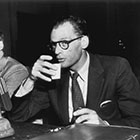
Sins of Omission
Arthur Miller’s landmark play The Crucible illuminates the difference between informing and truth-telling.


Arthur Miller’s landmark play The Crucible illuminates the difference between informing and truth-telling.
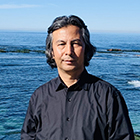
Three recent books offer a searing portrait of the calculated brutality of the ongoing Uyghur genocide.
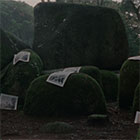
In Suneil Sanzgiri’s new film, the landscape remains as a last witness to the violence of colonial power.
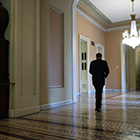
The two old men worried to their very cores about Trump came to opposite decisions: Mitt Romney quit, and Joe Biden is running again. Both may have chosen wrong.
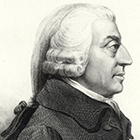
To grasp where inequality is headed—much less to reduce it—we will need to look beyond the economic.
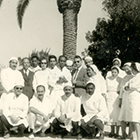
Frantz Fanon’s psychiatric work was the most practical manifestation of his larger ambition to restore agency to alienated subjects.

The majority of property crimes now occur online. Our legal system hasn’t caught up.
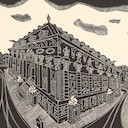
Urban socialists blazed a path toward social democracy. Leftists who want to reclaim this tradition face a whole new set of obstacles.

Special economic zones are not just a product of the effort to free capitalism from democratic authority. They are a response to a broader anxiety about power imbalance between multinational corporations and national governments.
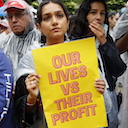
In his new book, Matthew Desmond argues that abolishing poverty will require an ambitious moral undertaking.

A left that is ambivalent about liberalism can still seek to engage it.


Our ugliest psychological impulses can be a starting point for social criticism.

In The Rig, the connections between the workplace dangers of oil drilling and the existential peril of climate change come into chilling focus.
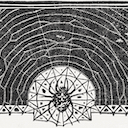
The ultra-rich depend on a global network of lawyers, accountants, administrators, and other fixers to protect their wealth from taxation.
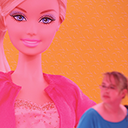
There has long been a gap between stereotypical ideas of women’s empowerment and gendered reality. Barbie explores these contradictions in miniature.